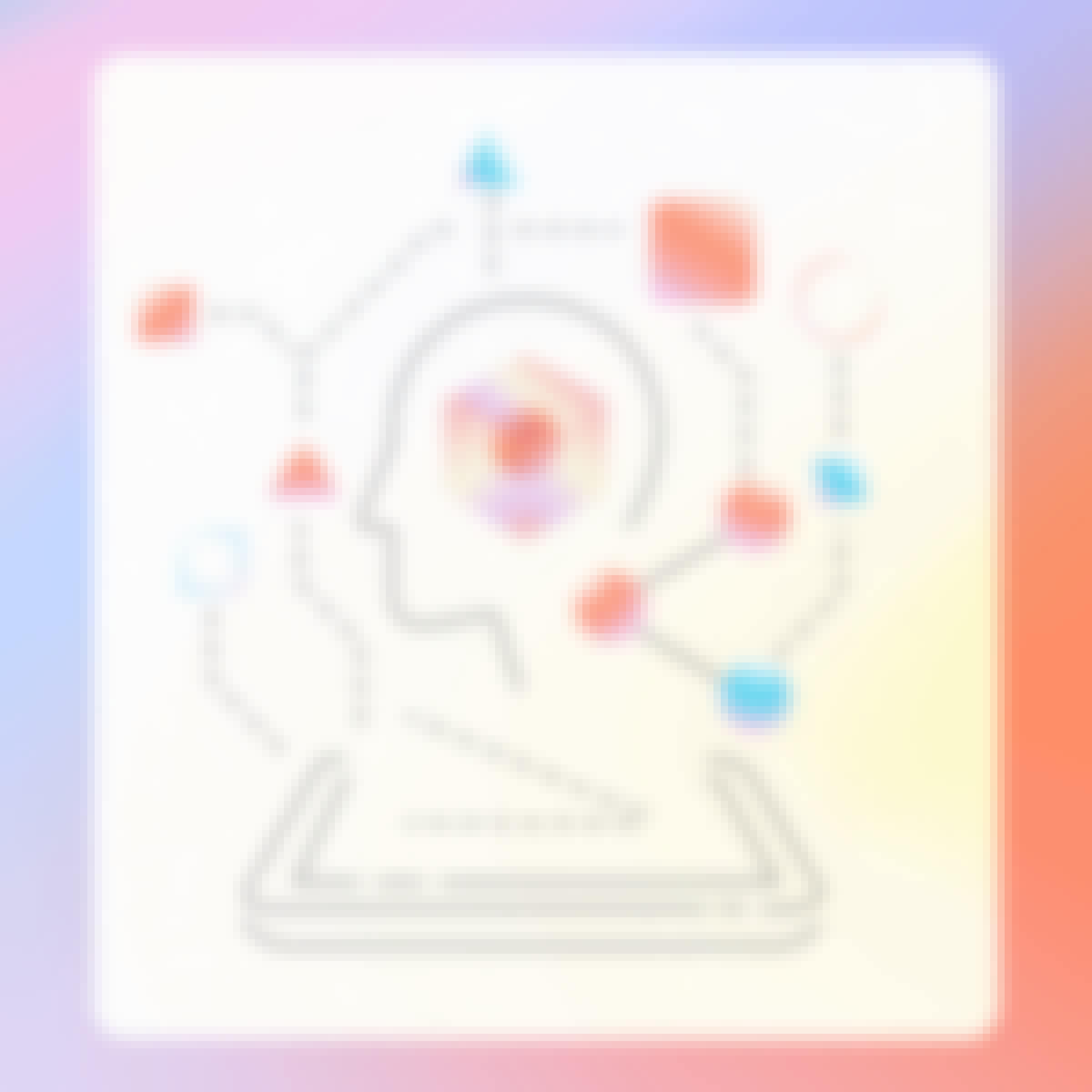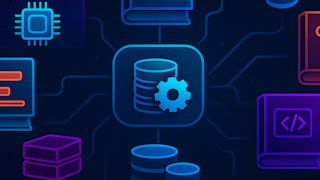- Browse
- Mobile Cloud Computing
Results for "mobile cloud computing"
 A
AAmazon Web Services
Skills you'll gain: Prompt Engineering, Amazon Bedrock, Responsible AI, Application Deployment, Amazon Elastic Compute Cloud, Unit Testing, Amazon Web Services, Version Control, Generative AI, LLM Application, AI Enablement, Test Case, DevOps, Retrieval-Augmented Generation, CI/CD, Artificial Intelligence, Software Configuration Management, Application Lifecycle Management
4.6·Rating, 4.6 out of 5 stars33 reviewsBeginner · Course · 1 - 4 Weeks
 Status: Free TrialFree TrialB
Status: Free TrialFree TrialBBoard Infinity
Skills you'll gain: Cloud Computing, Process Optimization, Process Improvement, Manufacturing Operations, Manufacturing and Production, Internet Of Things, Innovation, Workforce Development, Robotics, Cybersecurity, Manufacturing Processes, Automation, Augmented and Virtual Reality (AR/VR), Blockchain, Digital Transformation, Production Process, Technology Strategies, 3D Modeling, Industrial Engineering, Change Management
4.5·Rating, 4.5 out of 5 stars24 reviewsBeginner · Specialization · 3 - 6 Months
 G
GGoogle Cloud
Skills you'll gain: Google Gemini, Gemini, Productivity, Google Workspace, Generative AI, Prompt Engineering, Prompt Engineering Tools
Beginner · Course · 1 - 4 Weeks
 Status: NewNewB
Status: NewNewBBirla Institute of Technology & Science, Pilani
Skills you'll gain: MongoDB, Redis, NoSQL, Database Management Systems, Database Systems, Operational Databases, Databases, Data Store, Amazon DynamoDB, Relational Databases, Database Design, Apache Kafka, Database Management, SQL, Distributed Computing, Databricks, Big Data, Data Architecture, Data Modeling, Cloud Computing
Intermediate · Course · 1 - 3 Months
 Status: NewNewG
Status: NewNewGGoogle Cloud
Skills you'll gain: Video Production, Storytelling, Video Editing, Generative AI, Multimedia, Data Sharing, Google Workspace, Content Creation, Creativity
Beginner · Course · 1 - 4 Weeks
 G
GGoogle Cloud
Skills you'll gain: Gemini, Google Workspace, Generative AI, Language Interpretation, Translation, and Studies, Technical Communication
Beginner · Course · 1 - 4 Weeks
 G
GGoogle Cloud
Skills you'll gain: Responsible AI, Data Ethics, Artificial Intelligence, AI Product Strategy
Beginner · Course · 1 - 4 Weeks
 G
GGoogle Cloud
Skills you'll gain: Google Gemini, Gemini, Google Workspace, Generative AI, Prompt Engineering
Beginner · Course · 1 - 4 Weeks
 Status: NewNewG
Status: NewNewGGoogle Cloud
Skills you'll gain: Video Editing, Google Gemini, Generative AI, Multimedia, Video Production, Google Workspace, Data Sharing, Content Creation
Beginner · Course · 1 - 4 Weeks
 Status: PreviewPreview
Status: PreviewPreviewSkills you'll gain: Responsible AI, Data Ethics, Artificial Intelligence, AI Enablement, Model Evaluation, Model Deployment, Software Documentation
Intermediate · Course · 1 - 4 Weeks
 Status: Free TrialFree TrialE
Status: Free TrialFree TrialEESSEC Business School
Skills you'll gain: Revenue Management, Forecasting, Budgeting, Hospitality, Financial Forecasting, Hotel Operations, Strategic Marketing, Target Market, Market Dynamics, Consumer Behaviour, Competitive Analysis, Data-Driven Decision-Making
4.6·Rating, 4.6 out of 5 stars1.1K reviewsMixed · Course · 1 - 4 Weeks
 Status: Free TrialFree Trial
Status: Free TrialFree TrialSkills you'll gain: Data Persistence, JSON, User Interface (UI), User Interface and User Experience (UI/UX) Design, Database Development, Databases, Interactive Data Visualization, Debugging, Database Management, Application Development, Mobile Development, Real Time Data, Application Programming Interface (API), Data Management
Intermediate · Course · 1 - 4 Weeks
In summary, here are 10 of our most popular mobile cloud computing courses
- DevOps and AI on AWS: Upgrading Apps with Generative AI: Amazon Web Services
- Advances in Manufacturing Technology: Board Infinity
- Gemini in Google Docs Español: Google Cloud
- Modern Databases: Birla Institute of Technology & Science, Pilani
- Google Vids で魅力的な動画を作成: Google Cloud
- Gemini in Google Meet - Bahasa Indonesia: Google Cloud
- Introduction to Responsible AI - Deutsch: Google Cloud
- Gemini in Google Slides - Italiano: Google Cloud
- 運用 Google Vids 製作精彩影片: Google Cloud
- Responsible AI for Developers: Interpretability & Transparency - 한국어: Google Cloud










